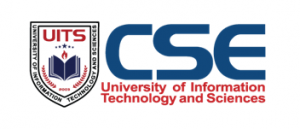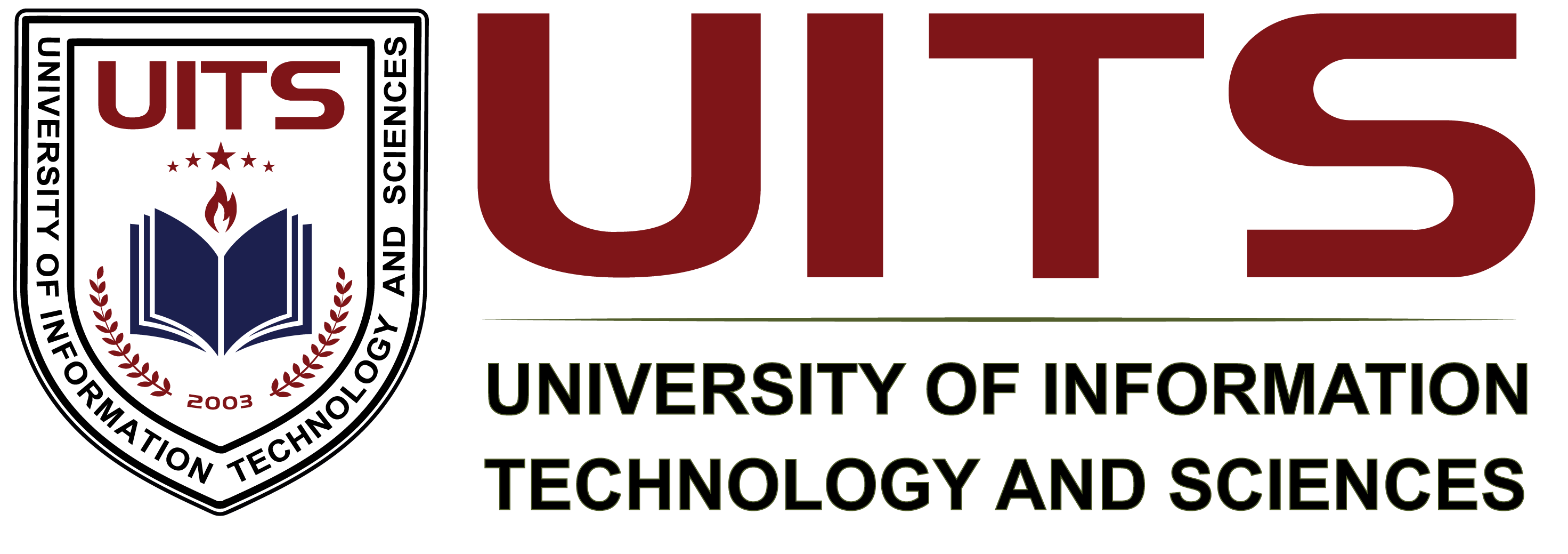University of Information Technology and Sciences
Department of Computer Science and Engineering

Vision
To scaffold the next generation of engineers and scientists in a student-centered learning environment to reach digital fluency in Computer Science & Engineering. The challenge is to make the students competent and skilled leaders in the wake of the ever-changing and challenging global work environment of the 21st century.
Mission
- To provide outstanding education, training and research to the students with a view to making them good human being as well.
- To build skilled engineers who can efficiently serve the society and nation as a whole.
- To enhance research activities to global level and also maintain industrial collaboration.
Program Outcomes
- Engineering knowledge: Apply knowledge of mathematics, natural science and engineering fundamentals.
- Problem analysis: Identify, formulate, research literature and analyze complex engineering problem searching substantiated conclusions.
- Design/development of solutions: Design solutions for complex engineering problems and design systems, components or processes that meet specified needs with appropriate consideration.
- Investigation: Conduct investigations of complex problems using research-based knowledge and research methods.
- Modern tool usage: Create, select and apply appropriate techniques, resources, and modern engineering and IT tools.
- The engineer and society: Apply reasoning informed by contextual knowledge to assess societal, health, safety, legal and cultural issues.
- Environment and sustainability: Understand and evaluate the sustainability and impact of professional engineering work in the solution of complex engineering problems.
- Ethics: Apply ethical principles and commit to professional ethics and responsibilities and norms of engineering practice.
- Individual work and teamwork: Function effectively as an individual, and as a member or leader in diverse teams and in multi-disciplinary settings.
- Communication: Communicate effectively on complex engineering activities with the engineering community and with society at large, such as being able to comprehend and write effective reports and design documentation, make effective presentations, and give and receive clear instructions.
- Project management and finance: Demonstrate knowledge and understanding of engineering management principles, economic decision-making and apply these to multidisciplinary environments.
- Life-long learning: Recognize the need for, and have the preparation and ability to engage in independent and life-long learning in the broadest context of technological change.

